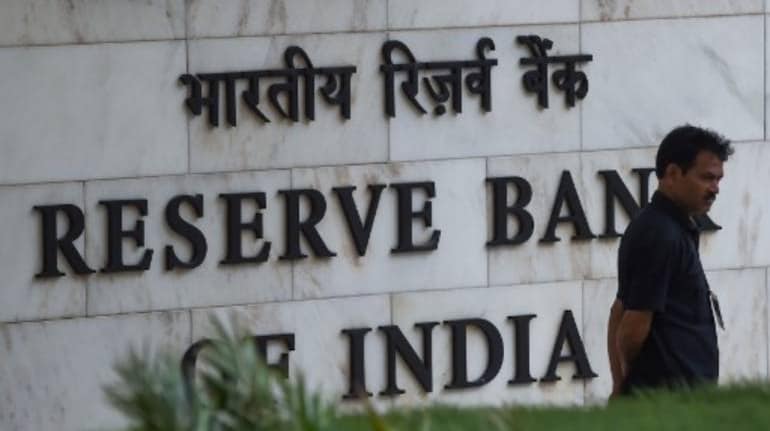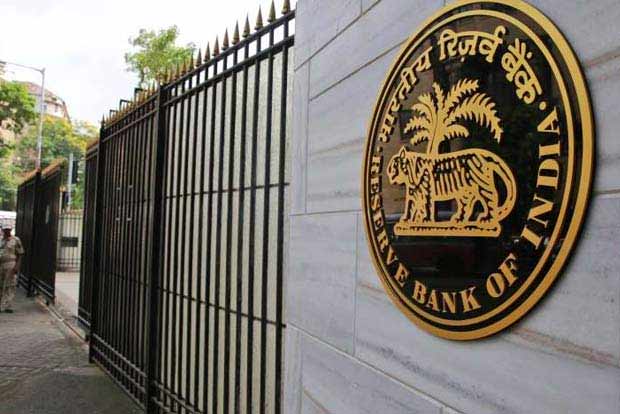RBI imposes fines on Union Bank of India, RBL Bank for rule violations

RBI imposes fines on Union Bank of India, RBL Bank for rule violations
The Reserve Bank of India (RBI) plays a crucial role in the regulation and supervision of the banking system in India. On October 13, 2023, it was reported that the RBI imposed monetary penalties on two prominent banks, namely Union Bank of India and RBL Bank, for violations of regulatory guidelines.
Union Bank of India, one of the leading public sector banks in the country, was penalized with a fine of Rs 1 crore. RBL Bank, a private sector bank known for its innovative banking solutions, was penalized with a fine of Rs 64 lakh.

When the RBI imposes penalties, it generally does so to enforce compliance with specific regulations and to maintain the stability and integrity of the financial system. However, the specific details regarding the nature of the rule violations that led to these penalties were not explicitly mentioned in the provided information. The RBI typically issues penalties after a thorough examination and investigation into any breaches of regulatory norms or guidelines.
Banks are expected to adhere to the various regulations and guidelines set forth by the RBI to ensure the smooth functioning of the banking system, protect the interests of depositors, and maintain financial stability in the country. Penalties serve as a means to encourage banks to uphold the necessary standards and procedures in their operations. For a comprehensive understanding of the violations and the RBI’s action, it is advisable to refer to the official release or statement issued by the Reserve Bank of India.

The recent penalties imposed by the Reserve Bank of India (RBI) on Union Bank of India and RBL Bank have shed light on specific violations that have raised concerns about compliance and due diligence practices within the banking sector. Union Bank of India has been penalized for its failure to comply with certain regulatory directions. The penalty was linked to the bank’s approval of a term loan to a Corporation without adequate scrutiny of the project’s viability and sustainability. The lack of thorough assessment regarding the revenue generation potential of the projects in question resulted in an unsustainable reliance on budgetary resources for repayment and servicing of the loan. This oversight highlights potential gaps in risk management and due diligence processes within the bank.
Similarly, RBL Bank has faced penalties due to its non-compliance with regulatory requirements concerning shareholder declarations. Specifically, the bank failed to obtain the necessary annual declarations in Form B from a major shareholder within the prescribed timelines, which ended on March 31, 2018, March 31, 2019, and March 31, 2020.
 Additionally, the bank did not furnish the essential certificates to the RBI regarding the continuous ‘fit and proper’ status of this major shareholder by the end of September during these financial years. This lapse in fulfilling regulatory obligations points to a potential gap in the bank’s oversight mechanisms and processes for ensuring the transparency and compliance of its major shareholders.
Additionally, the bank did not furnish the essential certificates to the RBI regarding the continuous ‘fit and proper’ status of this major shareholder by the end of September during these financial years. This lapse in fulfilling regulatory obligations points to a potential gap in the bank’s oversight mechanisms and processes for ensuring the transparency and compliance of its major shareholders.
The penalties serve as a critical reminder for banks to reinforce their adherence to regulatory guidelines and robust due diligence practices, ensuring the overall health and integrity of the banking system. They also emphasize the importance of maintaining transparency and accountability in financial transactions and shareholder disclosures, ultimately safeguarding the trust and stability of the banking industry.
The Reserve Bank of India (RBI) clarified that the penalties imposed on Union Bank of India and RBL Bank were a result of shortcomings in adhering to regulatory guidelines and were not meant to challenge the validity of any transactions or agreements between the banks and their customers. This clarification underscores the fact that the penalties were specifically related to regulatory compliance and not a judgment on the nature or legitimacy of the banks’ dealings with their clients.
Following the imposition of the penalty, the RBI proceeded to issue a notice to the concerned bank, asking it to provide justifications for its failure to comply with the specific regulatory direction that had been cited. The notice essentially called for the bank to explain why it should not face penalties for its non-compliance with the mentioned RBI directive.
Subsequently, the RBI carefully considered the bank’s response to the notice, along with any additional arguments presented during the personal hearing. After a thorough examination of the facts and the bank’s submissions, the RBI concluded that the allegations of non-compliance with the regulatory directions were well-founded. Consequently, the RBI deemed it necessary to impose the monetary penalty on the bank as stated in their official release.
The RBI’s systematic approach, involving due process and careful consideration of the bank’s submissions, reflects the regulator’s commitment to ensuring a fair and transparent regulatory environment within the banking sector. By providing banks with an opportunity to respond and present their case, the RBI demonstrates its commitment to upholding a balanced and equitable regulatory framework for all stakeholders in the banking industry.




